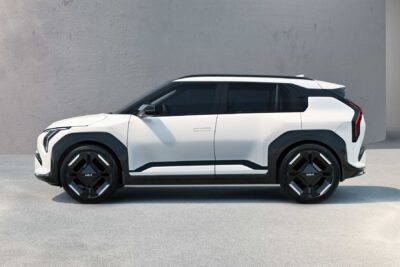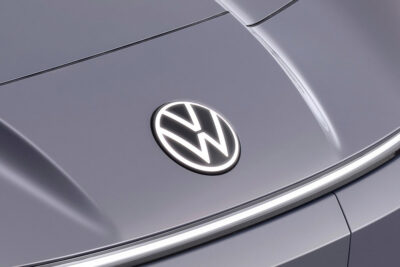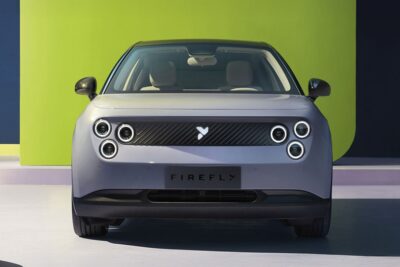Europe: The end of the end of combustion engines?
The decision to phase out new passenger cars and light commercial vehicles with internal combustion engines in the EU from 2035 seemed to be a done deal. But now, Germany could overturn it. Other EU countries also revised their acceptance of the agreement, making its future unclear.
Germany’s Transport Minister Volker Wissing (FDP) has revoked his approval of the decision. He tweeted already recently that zero-emission passenger cars and light-commercial vehicles powered by e-fuels should also be allowed to be newly registered past 2035. Because the German ambassador to the EU lacked a clear position from Germany on Wednesday, the final vote on Europe’s combustion engine phase-out had to be postponed.
Germany alone could not overturn the combustion car phase-out, but Italy, Poland and Bulgaria have already announced that they will not agree or are calling for it to be toned down. If Germany also disagrees, there would be no qualified majority in the EU Council, and the measure would be rejected.
What happens next is unclear. The stubbornness of the German political party FDP could also endanger the governing coalition in Germany. Behind the scenes, some members of Germany’s Green Party are already calling for the coalition to break up if the FDP gets its way on the combustion engine phase-out. Because without the EU target, which includes an interim goal of 55 per cent less CO2 by 2030, the government coalition lacks the means to continue to push for more electrification in Germany itself, especially since it just cut an electric car purchase premium used as an incentive.
According to the German news outlet Der Spiegel, the phase-out could happen without any government initiatives or laws. Many carmakers have already declared to discontinue combustion engine models, even before 2025. “This would be the optimistic so-what-scenario,” Der Spiegel writes. “If the electric car wins anyway, the decision to phase out the combustion engine would only be symbolically significant. “
However, the news outlet also notes that EVs are the most economical choice for lowering CO2 emissions. But carmakers could stop investing in the technology if political requirements no longer apply. This in turn means that Germany’s carmaking industry could fall behind other European countries or other large markets, which will push the phase-out – with or without a directive from Brussels.
A compromise could be to limit CO2 emissions from new passenger cars and light commercial vehicles not by 100 per cent – but to 90 per cent. Italy had already suggested a similar compromise since its own carmakers Fiat and Alfa Romeo are far away from electrifying their portfolio.
E-fuels are already part of the EU directive, but do not apply to new passenger cars and light commercial vehicles – because those fall under the fleet limits. For example, trucks, emergency vehicles and tractors are not part of the fleet limits system.
spiegel.de (in German), michaelbloss.eu (in German)





2 Comments